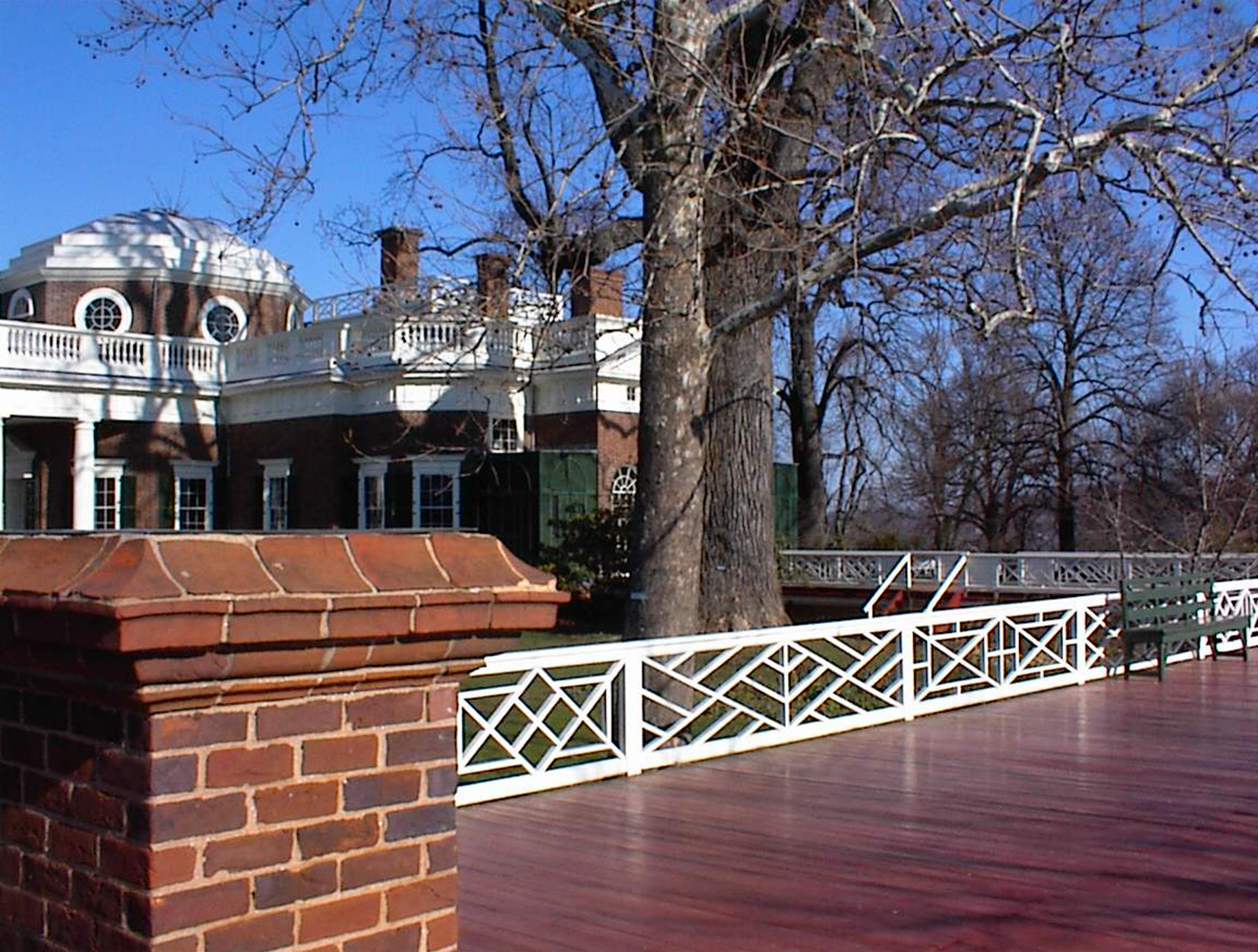Thomas Jefferson’s Religious Beliefs, Part I
Jefferson’s Creation of the National Mythology
Thomas Jefferson is rightfully considered the leading philosophe of the American Enlightenment by virtue of his authorship of the Declaration of Independence and Virginia’s Bill for Establishing Religious Freedom, his passionate interest in education, his championship of the French Revolution, and his prodigious correspondence on philosophy and religion. More than any of his contemporaries, Jefferson “invented America,” and our national ideology is an outgrowth of his beliefs.
Because so many of his beliefs were wrong, I consider his effect negative. His religious and educational opinions were particularly pernicious because they involved an optimistic view of human nature which became woven into the great American religious document, the Declaration of Independence. Largely due to the various inferences to a Supreme Being and His supposed blessing on the new American venture, there has grown up a national mythology that this is a Christian nation, specially blessed by God – a myth that Jefferson would have opposed but one for which he is directly responsible.
Jefferson’s Religious Behavior
For Jefferson himself was not a Christian in the orthodox sense. He wrote that he was, he studied the Gospels and put together a compendium of the Gospels for his own study and devotions, but by all standards of Christianity as I understand them to be, he cannot be considered a Christian because he denied the very heart of Christian belief – that Jesus Christ was the Son of God. In denying this, by insisting on subjecting matters of faith to limited reason, he showed an arrogance of spirit and mind that refused to accept the possibility that he might be wrong and that God’s nature and being might be mysterious and great enough to be beyond the comprehension of the mind of Thomas Jefferson.
Throughout most of his political career and later life, Jefferson was reviled for his religious views. Although his known theological views did not differ significantly from those of his contemporaries, Jefferson was singled out for savage attack during his presidential campaign in 1800. “Atheist,” “infidel,” and “skeptic” were among the terms hurled at him by the Federalist clergy of New England; they called his election a “rebellion against God” which would lead to the destruction of the churches. The only basis for such an overreaction to Jefferson’s supposed lack of Christian faith lay in a few passages in his Notes on Virginia (deriding as a myth the Old Testament story of the Flood) and in his refusal to discuss his faith publicly. He acknowledged the existence of the rumors and accusations but refused to make any public comment on his religious beliefs. “I never told my own religion, nor scrutinized that of another,” he wrote to one correspondent. He declared that he judged the religion of others by their lives and felt that “by the same test the world must judge me,” a standard derived from the Sermon on the Mount. On a biblical-sounding note, he wrote: “I must ever believe that religion substantially good which produces an honest life, and we have been authorized by one whom you and I equally respect, to judge of the tree by its fruit.” But, ever secretive, he finished, “Our particular principles of religion are a subject of accountability to our God alone. I inquire after no man’s, and trouble none with mine.”
His religious behavior on the surface seemed designed to accompany his desire that no one have reason to criticize him for any public utterances. He conformed to the expected religious practices of his day, serving as a parish vestryman in the Episcopal Church. He helped plan one church, contributed liberally to the support of specific clergymen (although his criticism of the clergy at large was pointed), and made a practice of regular church attendance until the end of his life. Although he was nominally Episcopalian and followed the outward worship patterns of the Church, his religious beliefs, gathered and pieced together from scraps of information set forth in his discussions and letters with various correspondents over the whole of his adult life, deviated from the orthodox. Using the beliefs stated in the Apostles Creed and the formula creed of the Anglican Church as the criteria for judging whether he was a Christian, I believe that Jefferson was not a Christian.



